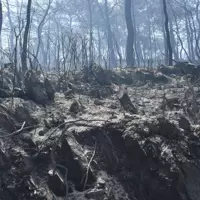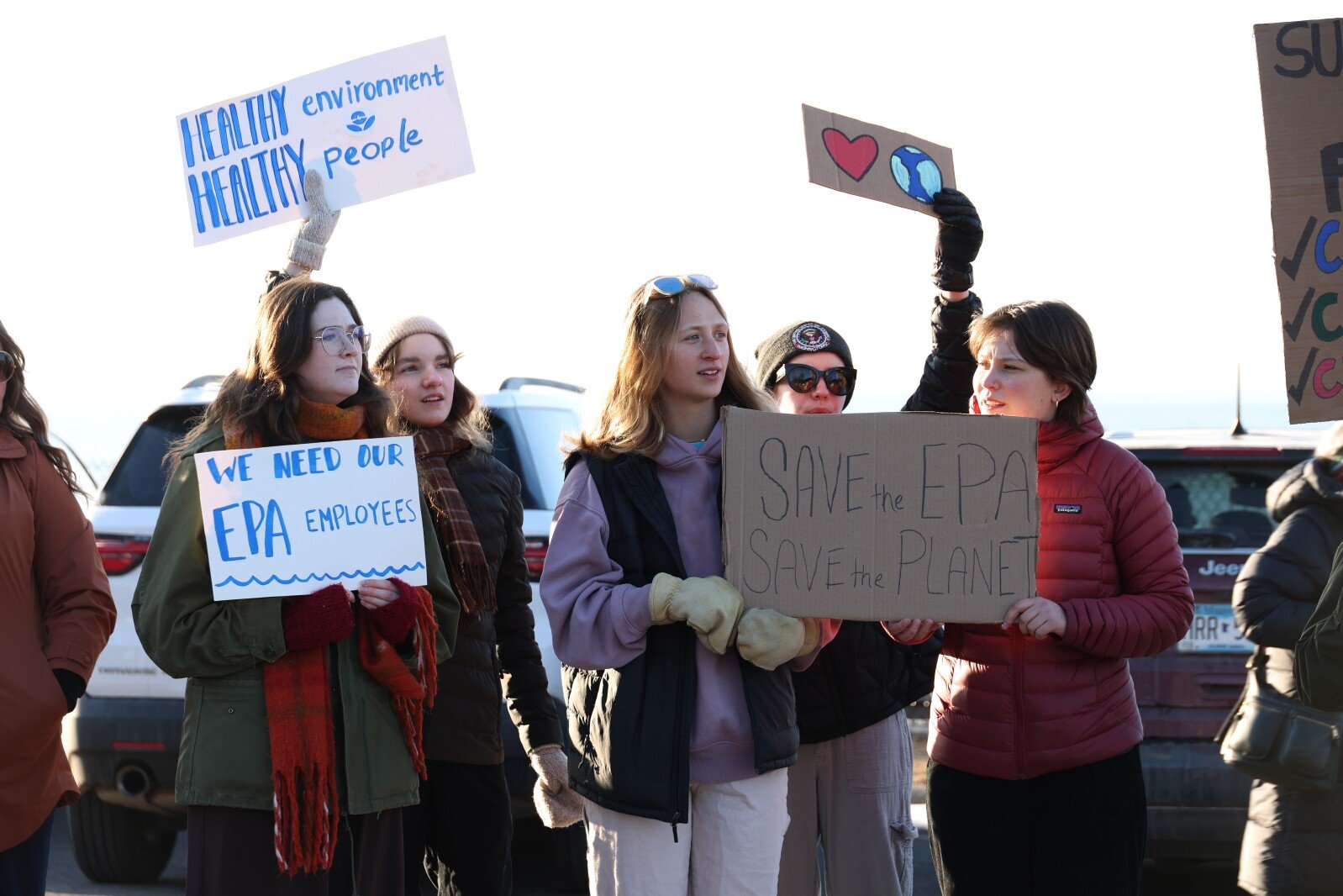Climate anxiety, known as eco-anxiety, is increasingly affecting children and young adults, according to clinical psychologist İlayda Kutevu. This form of anxiety reflects a persistent fear about the long-term consequences of climate change, and it is becoming more common in younger populations.
Kutevu defines eco-anxiety as a deep and ongoing worry about the potential destruction caused by climate change. She notes that this anxiety can lead to various mental health issues, including attention deficit disorders, learning disabilities, social withdrawal, and sleep disturbances. Children, who are still developing emotionally and mentally, are particularly susceptible to these effects.
In recent years, there has been a noticeable rise in trauma-related conditions such as post-traumatic stress disorder (PTSD), depression, and acute stress disorder following extreme weather events like floods, hurricanes, and wildfires. Kutevu explains that for children, nature serves not just as a recreational space but also as a source of safety and belonging. When they perceive nature as threatened, it can result in significant emotional trauma.
Kutevu emphasizes the need for both individual and societal efforts to address the psychological impact of the climate crisis. She advocates for accessible and reliable sources of information to help those experiencing eco-anxiety better understand the environmental challenges they face. Public awareness campaigns and educational initiatives should aim to clarify the consequences of environmental disasters.
Furthermore, Kutevu calls for the availability of free psychological support services for those affected by natural disasters. She highlights the importance of fostering social connections to help individuals feel less isolated. Regular interaction with nature should also be encouraged as a part of mental health support strategies.
As the climate crisis continues to evolve, the mental health of younger generations remains at risk. Addressing eco-anxiety requires a comprehensive approach that combines education, community support, and direct mental health services to ensure children and young adults can navigate these challenges effectively.



